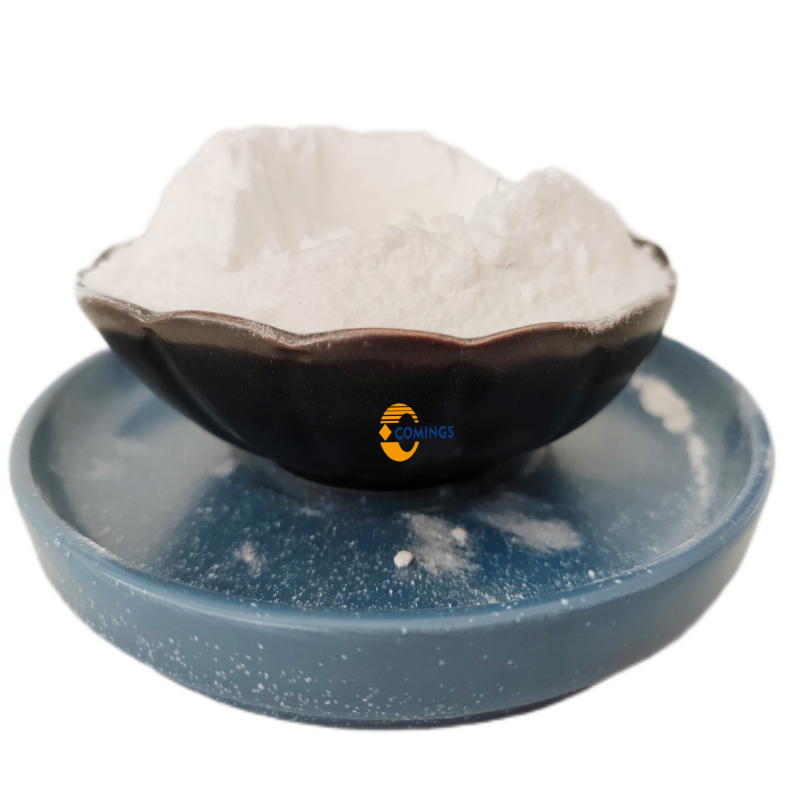-
Categories
-
Pharmaceutical Intermediates
-
Active Pharmaceutical Ingredients
-
Food Additives
- Industrial Coatings
- Agrochemicals
- Dyes and Pigments
- Surfactant
- Flavors and Fragrances
- Chemical Reagents
- Catalyst and Auxiliary
- Natural Products
- Inorganic Chemistry
-
Organic Chemistry
-
Biochemical Engineering
- Analytical Chemistry
-
Cosmetic Ingredient
- Water Treatment Chemical
-
Pharmaceutical Intermediates
Promotion
ECHEMI Mall
Wholesale
Weekly Price
Exhibition
News
-
Trade Service
Since the new crown pandemic, although the country has taken various measures to curb the spread of SARS-CoV-2, due to the entanglement of mutant strains such as delta and lambda, the "exposure rate" is increasing, causing the global epidemic to fall into again and again.
In crisis
.
Previously, related studies have shown that the mutation rate of the new coronavirus is once every two weeks.
However, recently, a scientific research team from the University of Bath and the University of Edinburgh published an article in "Genome Biology and Evolution" entitled Causes and consequences of purifying The new research on selection on SARS-CoV-2 seems to be a bit chilling
.
This latest research overturns previous research results, pointing out that previous research has ignored a large number of mutations that have occurred but have never been sequenced
.
In fact, SARS-CoV-2 mutates almost once a week, and the mutation rate is more than 50% higher than previously thought.
In the future, the emergence of the new coronavirus "exotic army" may be faster than we thought
.
https://doi.
org/10.
1093/gbe/evab196 The genome of the virus is not static during its proliferation.
In the process of replication, the genetic material will replicate "errors", and there is always the risk of mutation
.
However, this "risk" may be a good thing for some new coronaviruses, that is, "positive selection", they use mutation to perfect themselves, allow themselves to evolve, and thus increase their infectivity
.
However, there are also a small number of new coronavirus mutations that are harmful to the virus.
"Negative selection" will reduce their survival rate and make them unable to survive in the human body for too long.
Therefore, when we are performing new coronavirus sequencing to calculate the mutation rate of the virus, we cannot catch it in time.
Them
.
In this latest study, researchers estimated the ratio of four-fold degenerate sites (4DTv) with different nucleotide composition to assess whether a genome-wide replication event occurred in the genome, and used these nucleotide-dependent ratios to infer The true potential mutation rate, thereby inferring the rate of deletion mutations
.
Not only that, they also used the most common Ka/Ks analysis method in bioinformatics to infer the mutation rate of the new coronavirus that may be "missing".
If Ka/Ks>1, it is considered to have a positive selection effect, if Ka/Ks<1 , It is considered that there is a negative selection effect
.
Comprehensive research data shows that if these "stealth mutations" are taken into account, the true mutation rate of the virus is at least 50% higher than previously thought
.
Therefore, in order to reduce the mutation rate, it is necessary to find the reasons for the elimination of negative selection.
Researchers have found that most of the negative selection stems from predictable reasons, such as mutations that shorten genes or make proteins (such as spike proteins) malfunction
.
(Excessive variants at the quadruple degenerate site means negative selection) Previously, Russia reported that 18 mutated new coronaviruses had been detected in a woman with lymphoma, confirming for the first time that the new coronavirus is long-term in the body.
Existence can cause a large number of mutations to appear.
This also reminds us that if the human body’s immune system is difficult to control the virus, it must be isolated, because the new coronavirus may evolve in the human body for more than a few weeks and promote new variants.
Just like the birth of the alpha mutant strain
.
But Professor Lawrence Hirst of the Milner Evolution Center at the University of Bath said: “We don’t have to panic too much.
Clear
.
"In the future, I hope that scientific researchers can find an effective mechanism to contain the spread of the virus as soon as possible, so that the world will return to the state before the new coronavirus pandemic, so that everyone can return to normal life
.
End reference: [1] https://academic.
oup.
com/gbe/advance-article/doi/10.
1093/gbe/evab196/6357039[2]https://phys.
org/news/2021-08-mutation-covid-virus-percent-higher.
html






